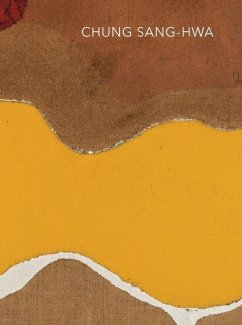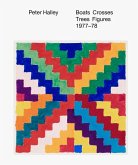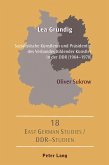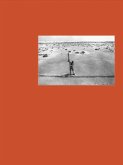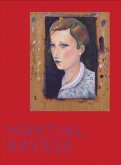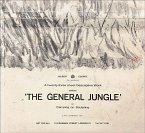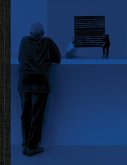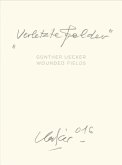A leading figure of the Korean avant-garde Dansaekhwa group in dialogue with European abstraction Chung Sang-Hwa (born 1932) is a central figure of Dansaekhwa (also known as Tansaekhwa), an artistic movement in postwar Korea that offered a fundamentally different approach to modernist abstraction. Though the term translates literally to "monochrome painting," Dansaekhwa is rather characterized by its labor-intensive processes, repetitive gestures and reductionist aesthetics. Over his nearly six-decades-long career, Chung has developed a singular, meditative process of repetitively applying and removing paint from his canvases, resulting in multilayered, tactile monochromatic surfaces. Chung Sang-Hwa: Excavations, 1964-78 highlights a critical period in the artist's career in which he was immersed in the international avant-garde movements of both Asia and Europe. This fully illustrated volume includes an essay by critic Barry Schwabsky, a translated excerpt from the writings of Shin Young-Bok by Harvard professor David McCann, and an interview with Chung Sang-Hwa by Bona Yoo.
Hinweis: Dieser Artikel kann nur an eine deutsche Lieferadresse ausgeliefert werden.
Hinweis: Dieser Artikel kann nur an eine deutsche Lieferadresse ausgeliefert werden.

